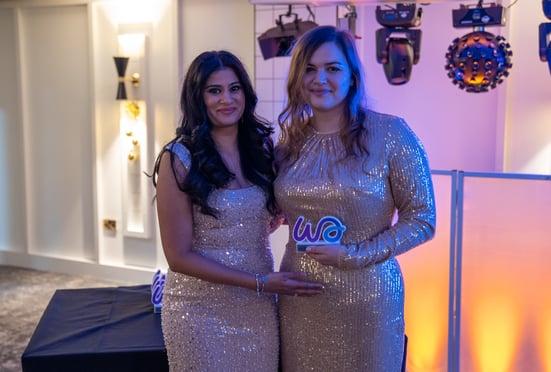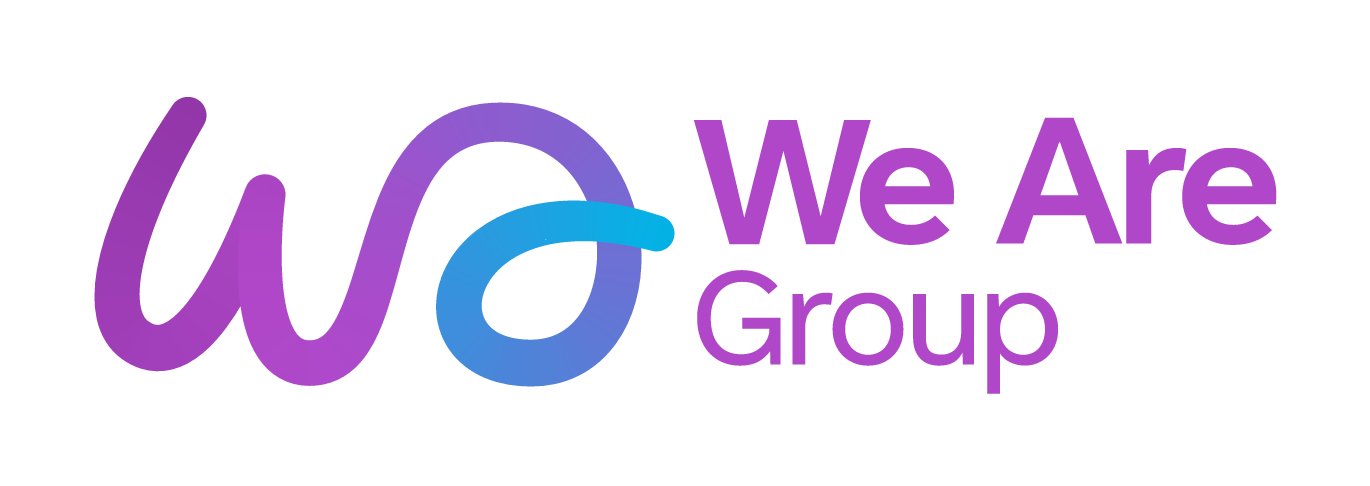In today's rapidly evolving world, the information technology industry serves as a powerful catalyst for innovation and progress. As I sit here, using Artificial Intelligence (AI) on my smartphone to write this post, it's clear that technology knows no bounds. Yet, I cannot help but wonder, what could we accomplish if we proactively set out to leverage the vast talent pool of women that currently remains untapped?
Throughout my life, I've been fed a discriminatory gender narrative by society, school, culture, and media, with only a rare exception to this influence being my dad and my school physics teacher. Over and over, I was told that computers and princess dresses did not mix. I was told that computers belonged in the domain of boys and princess dresses belonged to girls. It is the constant repetition of these gender stereotypes that has driven the gender gap in STEM (Science, Technology, Engineering, Maths) subjects, ultimately making STEM the domain of men, with only 30% of the STEM workforce being women (Deloitte Insights).

However, due to my perseverance in scientific studies and my persistent rejection of these gender stereotypes, I proudly form part of that 30% of women in STEM. Given that I had overcome so many barriers already and had cultivated a career for myself in STEM, I was shocked when I was confronted with another barrier all because I was a woman. My manager and the HR department at my previous workplace made me redundant during my maternity leave, simply because I was pregnant and, in their opinion, would be an inconvenient strain. Like me, many women have experienced gender bias in the workplace, with statistics showing that half of women drop out of their tech jobs by mid-career (Deloitte Insights).
But being the determined person that I am, being barred from my STEM job due to pregnancy didn’t affect my ambition.
During my maternity leave, I discovered a profound passion for data, which led me to a life-changing job opportunity at We Are Group. From the very beginning, it was evident that this organisation valued the ideas that I could bring to the table, rather than focusing on irrelevant aspects of my identity. The interview process centred around my skills and potential contributions. Upon joining the company, I was pleasantly surprised that I didn't have to spend days or weeks proving my technical expertise to my colleagues. They simply assumed that I knew what I was talking about based on my job title and my record of results. When I discovered that We Are Group's old conference microphone had trouble picking up higher voices, the problem was quickly resolved by management without me having to campaign for change. A few days after highlighting the problem, a brand-new microphone stood in place of the old discriminatory one.
Thanks to We Are Group doing things differently, our IT department boasts a healthy gender ratio of 5:4 women to men. And this diversity isn't limited to junior roles; in fact, we have more women than men in senior positions, both managerial and technical. We actively seek out and hire qualified female candidates, and the talent agencies we collaborate with share the same mindset. And we never question or undermine anyone’s expertise based on who they are or what they look like. Many of us here genuinely consider this inclusivity as part of our benefits package, fully aware that it's not yet the industry norm.

Anna's award for 'Always Delivering on Promises' in the We Are Group Awards 2023.
I cannot help but wonder though, what could we accomplish if more women in tech are supported like I am now. If more leaders proactively set about breaking down barriers. If each one of us could benefit from mentors who challenge and motivate us. And, most importantly, if more companies created environments and fostered cultures that allow us all to thrive. And these are not just soft qualities that do nothing for your bottom line. Research tells me that with more women and minorities in your workforce, you are 45% more likely to increase your market share (Harvard Business Review). Studies also show that gender-diverse executive teams are 25% more likely to bring in above-average profit (Michael Mauro). Even if you start slow, every 1% increase in gender diversity generates a 3% increase in sales revenue (Ideal.).
However, the nature versus nurture gender debates only get us so far; focus now needs to be on dismantling barriers at every opportunity, for everyone. For example, I started on a part-time contract at We Are Group when my son was just one year old, but as he’s grown I’ve been given the flexibility to increase my hours. Want to celebrate Eid instead of Easter? No problem, here at We Are Group you can swap your bank holiday entitlement to fit around your calendar. Do you thrive while working from home at 4am? Go for it. Hungry to grow? We Are Group's talent management has no interest in being hindered by a pedantic focus on disability, tattoos, personal relationships, or the fact you might need to block out your calendar for the school run.
Employers have the opportunity to fish in a talent pool that’s bigger than previously thought, and surely the statistics are worth further exploration and provide further motivation to get women into tech and create cultures that are more inclusive.



